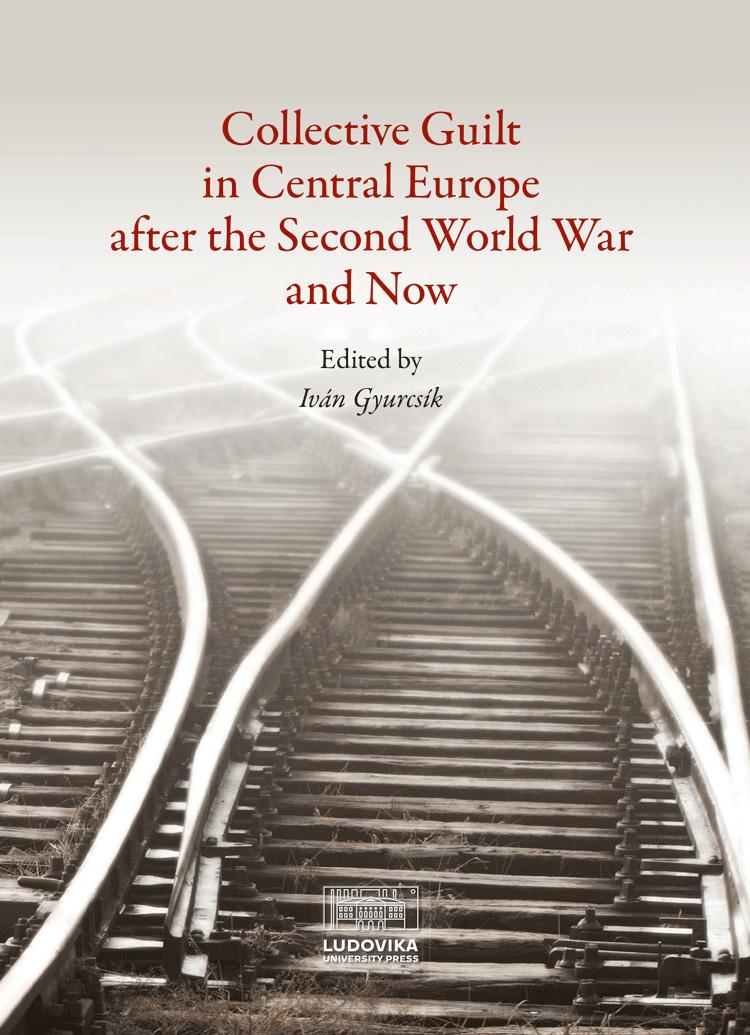Collective Guilt and Collective Punishment
Synopsis
The continued practice of branding other countries and peoples collectively guilty for past or on-going crimes has not abated. The imposition of collective punishment in the form of mass expulsions, blockades and unilateral coercive measures entails retrogression in terms of civilisation and human rights. We see the narrative of collective guilt and collective punishment in the context of the wars in Ukraine, Nagorno Karabakh and now in Gaza. We see it in the practice of hybrid war in the form of unilateral coercive measures, wrongly called sanctions, which invariably punish the entire populations of targeted countries collectively and unjustly. Such punishment is an expression of the animus dominandi of some countries that are intent on forcing other nations and peoples into subordination by bullying and terror. This is a form of neo-imperialism or neo-colonialism, which has been recognised as such and condemned by the United Nations General Assembly and UN Human Rights Council on repeated occasions, most recently in Human Rights Council Resolution 48/7 “Negative impact of the legacies of colonialism on the enjoyment of human rights”.
(Extract from the Introductory remarks)



.svg)
